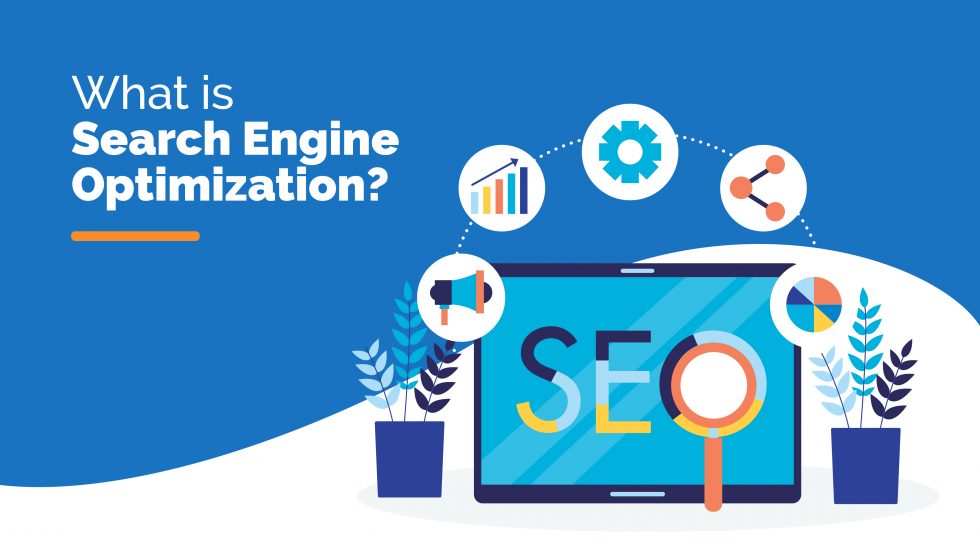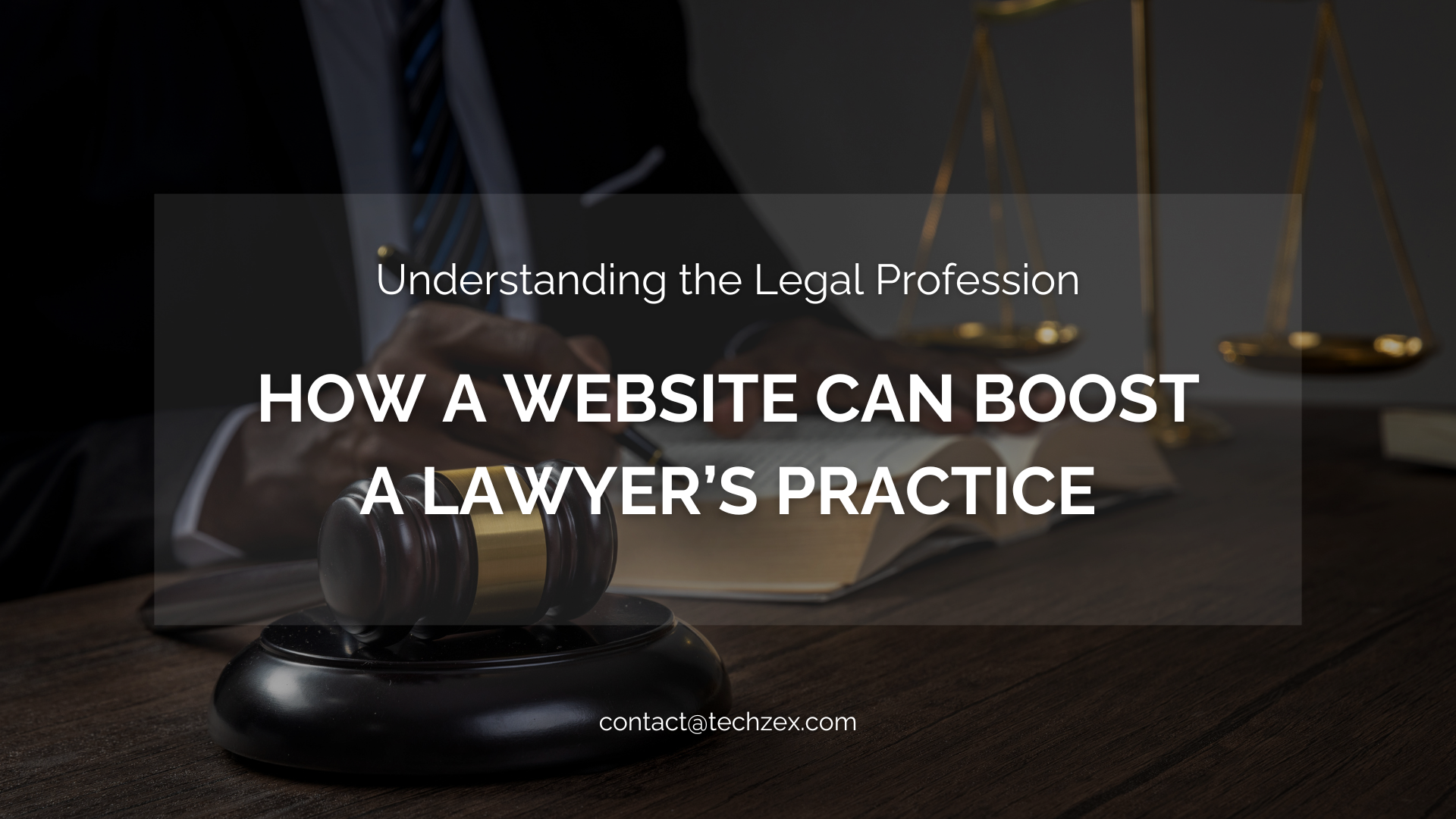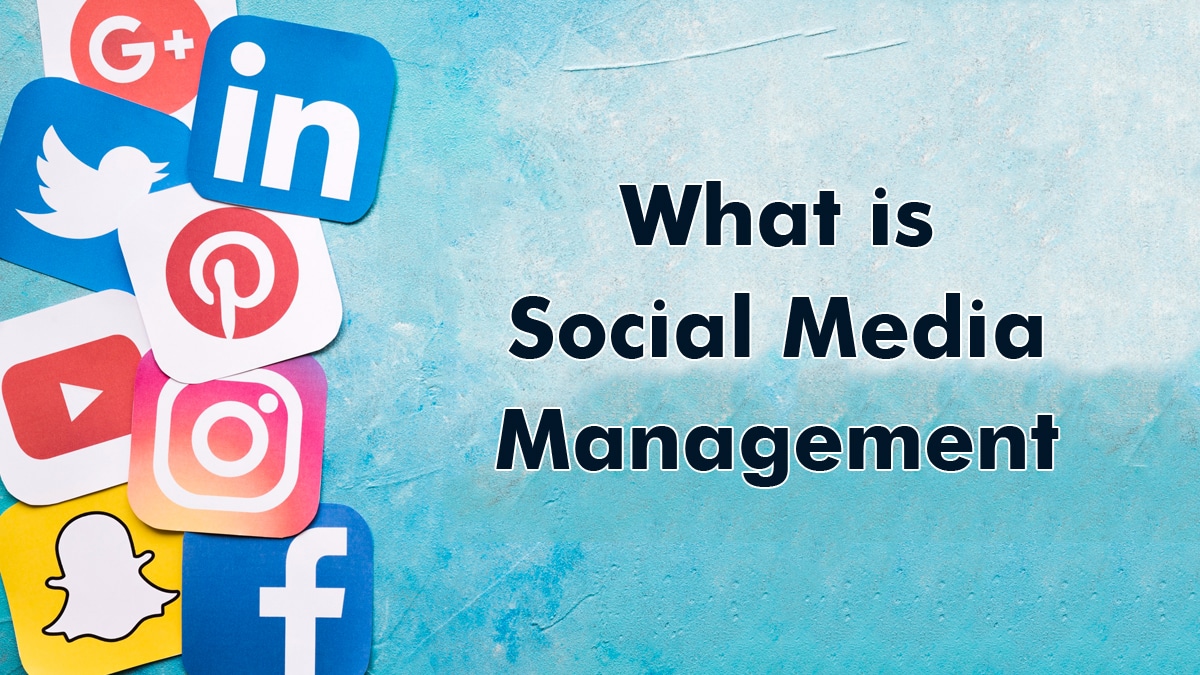New to SEO? This beginner’s guide explains what Search Engine Optimization is, why it matters, and how you can start improving your website’s visibility on Google.
 Images by @Techzex
Images by @Techzex
What is SEO? A Beginner’s Guide to Search Engine Optimization
In the fast-paced world of digital marketing, businesses are constantly seeking ways to ensure their online presence is visible to the right audience. One of the most effective ways to achieve this is through Search Engine Optimization (SEO). If you’re new to the concept of SEO, or if you’re looking for ways to improve your website’s visibility, this article will serve as a beginner’s guide to understanding SEO, how it works, and how you can implement it to boost your website’s performance.
What is SEO?
SEO, or Search Engine Optimization, is the process of improving a website's visibility in search engine results pages (SERPs) through organic (non-paid) methods. The goal of SEO is to increase both the quantity and quality of traffic to your website by improving its rankings on popular search engines like Google, Bing, and Yahoo.
Search engines use algorithms to rank websites based on relevance and authority. SEO involves optimizing different elements of your website to make it easier for search engines to understand your content and rank it higher for relevant queries.
Why is SEO Important?
In today’s digital world, the vast majority of online experiences begin with a search engine. Whether people are looking for a product, service, or information, they typically turn to search engines like Google for answers. In fact, Google processes over 3.5 billion searches per day! This means that without a strong SEO strategy, your website could easily be overlooked by potential customers.
Here are a few reasons why SEO is important for your business:
1.Increased Visibility: SEO helps your website appear on search engine results pages (SERPs), making it easier for potential customers to find you.
2.Better User Experience: Well-optimized websites are user-friendly, leading to longer visits and more engagement.
3.Cost-Effective Marketing: Unlike paid ads, SEO provides long-term, sustainable traffic to your website without ongoing costs.
4.Credibility and Trust: Websites that rank higher in search results are perceived as more trustworthy and credible by users.
How Does SEO Work?
SEO is made up of several key components, each working together to help search engines understand and rank your website. Here’s a breakdown of the main areas of SEO:
1.On-Page SEO:
2.Keyword Research: Identifying the words and phrases people are searching for that are relevant to your business.
3.Content Optimization: Creating high-quality, engaging, and informative content that provides value to the user.
4.Title Tags and Meta Descriptions: These are HTML elements that provide a summary of a webpage’s content and play a role in click-through rates.
5.URL Structure: Clean, descriptive URLs with targeted keywords help search engines understand your page’s content.
6.Internal Linking: Linking relevant pages within your website helps search engines crawl your site and improves the user experience.
7.Off-Page SEO:
8.Backlinks: These are links from other websites to your site. Search engines consider backlinks as a vote of confidence in your content. The more high-quality backlinks you have, the more authority your website gains.
9.Social Media Signals: Although not a direct ranking factor, social media activity can drive traffic to your site and improve brand awareness.
10.Guest Blogging: Writing articles for other websites and including a link back to your site can help increase your authority and traffic.
11.Technical SEO:
12.Mobile Optimization: With more people using mobile devices, having a mobile-friendly website is crucial for SEO.
13.Site Speed: Search engines favour websites that load quickly, as they provide a better user experience.
14.XML Sitemap: This is a file that helps search engines understand the structure of your website and find all your pages.
15.Secure Website (HTTPS): Having a secure site (with HTTPS) is a ranking factor and helps build trust with users.
Key SEO Factors to Focus On:
1.Keywords: Keywords are the foundation of SEO. These are the terms your target audience is searching for. By targeting the right keywords in your content, you increase the likelihood of appearing in relevant search results. You can use tools like Google Keyword Planner, Ubersuggest, or SEMrush to find the best keywords for your business.
2.Content Quality: Search engines prioritize high-quality, engaging content that answers users' queries. Create content that is informative, easy to read, and valuable to your audience. The more engaging and informative your content, the higher the chance of ranking well.
3.User Experience (UX): Google considers factors like bounce rate, time on site, and page load speed when ranking websites. A good UX encourages visitors to stay on your site longer and interact with your content, which signals to search engines that your site is useful.
4.Backlinks: Backlinks are still one of the most important ranking factors. Try to earn high-quality backlinks from reputable websites in your industry. These links tell search engines that your website is a trusted source of information.
SEO Tips for Beginners:
1.Start with Keyword Research: Use tools to find the best keywords related to your business and focus on long-tail keywords (specific phrases) that are less competitive but highly relevant.
2.Optimize Your Content: Write quality, original content that solves problems for your target audience. Use your target keywords naturally throughout the content, but avoid keyword stuffing.
3.Focus on User Experience: Ensure your website is easy to navigate, mobile-friendly, and fast. A well-designed site keeps users engaged, leading to higher rankings.
4.Track Your Results: Use tools like Google Analytics and Google Search Console to monitor your website’s performance and adjust your strategy accordingly.
How to Get Started with SEO for Your Business:
If you’re just starting with SEO, it can seem overwhelming, but don’t worry! Begin by optimizing one page at a time. Here’s how you can get started:
1.Create a Solid Content Strategy: Start by publishing high-quality content focused on solving specific problems for your audience.
2.Perform Keyword Research: Identify keywords that align with your business and target market.
3.Optimize Your Website: Focus on on-page SEO elements like title tags, meta descriptions, and URL structure.
4.Build Backlinks: Reach out to other websites in your industry for backlinks or guest blogging opportunities.
5.Track Your Progress: Regularly check your website’s SEO performance and make improvements where necessary.
Conclusion:
Search Engine Optimization is a powerful tool for increasing your website’s visibility and driving organic traffic. By focusing on the key areas of on-page SEO, off-page SEO, and technical SEO, you can improve your site’s ranking and attract more visitors. SEO is an ongoing process that requires consistent effort, but the long-term benefits of higher visibility, credibility, and sustainable traffic are well worth the investment.
If you’re looking for professional SEO services to boost your website’s performance, Techzex Software Pvt Ltd can help. Our team of SEO experts will tailor an SEO strategy to meet your specific business needs, ensuring you get the best results. Visit our website today to learn more about how we can help you achieve your SEO goals!



_504015.png)

